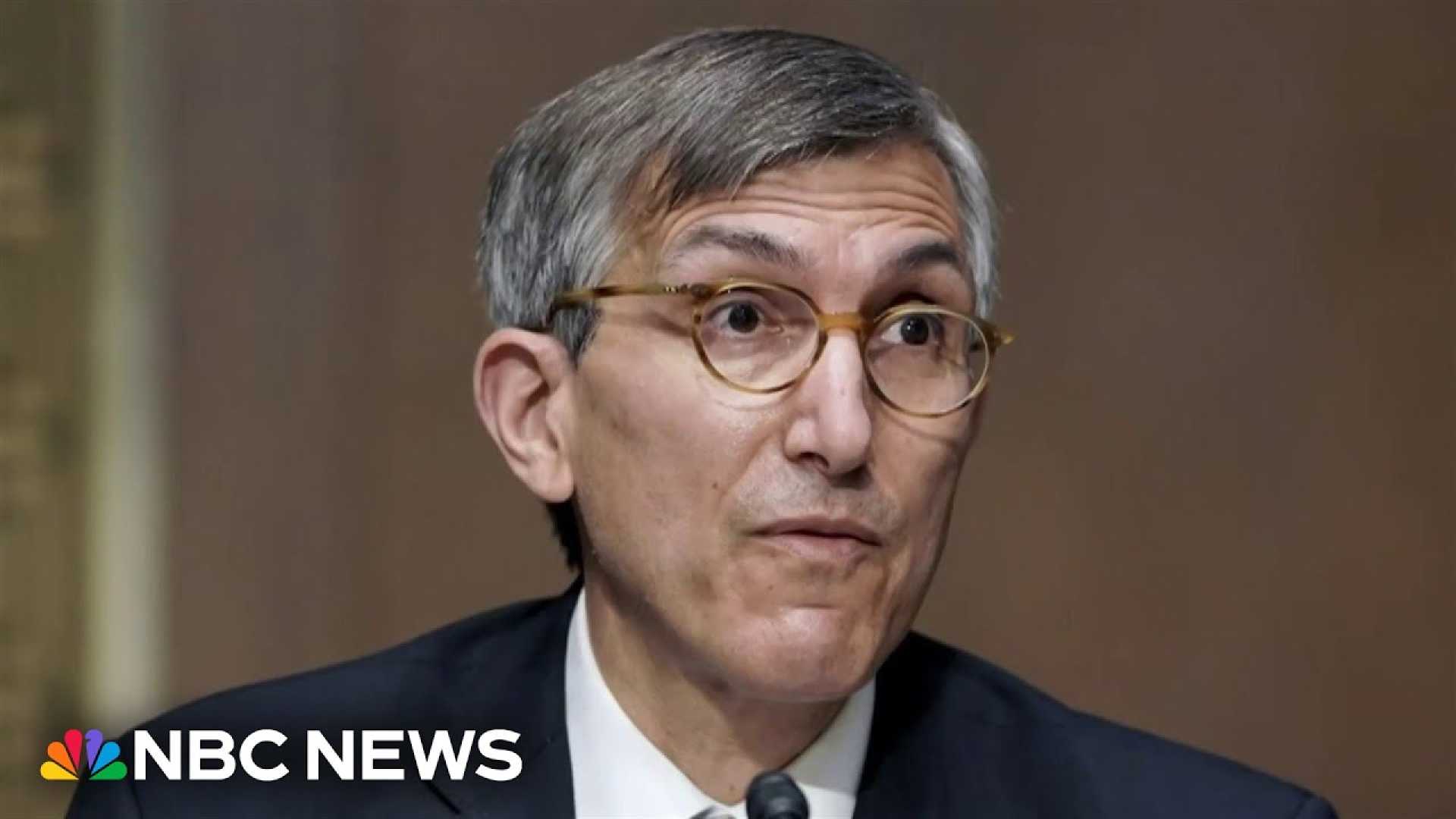Health
FDA Vaccine Regulator Resigns Amid Controversy Over Trump Administration’s Actions

WASHINGTON, D.C. — Dr. Peter Marks, the head of the Food and Drug Administration‘s vaccine division, has resigned, marking a significant change in leadership amid ongoing controversies surrounding the administration’s handling of public health policies. The announcement of his resignation was made today by a spokesperson from the Department of Health and Human Services (HHS).
According to Andrew Nixon, a senior HHS spokesperson, Marks’ departure is attributed to his unwillingness to align with new directives aimed at enhancing transparency and restoring scientific integrity within the FDA. ‘If Peter Marks does not want to get behind restoring science to its golden standard and promoting radical transparency, then he has no place at the FDA under the strong leadership of Secretary Kennedy,’ Nixon stated.
Reports suggest that Marks was forced out of his position as internal conflicts over vaccine confidence escalated. In his resignation note addressed to acting FDA Commissioner Sara Brenner, Marks emphasized the dangers posed by undermining public trust in vaccines, calling it ‘irresponsible, detrimental to public health, and a clear danger to our nation’s health, safety, and security.’
This resignation comes amidst mounting tensions surrounding how the Trump administration addresses vaccine distribution and public health initiatives. Marks’ exit raises questions about the future direction of the FDA and its policies, particularly in light of recent criticisms regarding vaccine communications and safety standards.
The resignation also triggered a wave of reactions online, most notably from influential personalities voicing strong opinions. Dave Portnoy, founder of Barstool Sports, publicly criticized the administration, stating, ‘We are lucky it didn’t cause the death of American military members. Somebody has to go down for this.’ His remarks suggest a growing frustration with the handling of sensitive information regarding national security.
Additionally, the Florida governor’s office is facing scrutiny as reports emerge about taxpayer-funded staff making calls to state lobbyists soliciting funds for political campaigns tied to the governor’s family. Although the staffers have denied these claims, the potential implications of political maneuvering in state governance have stirred concern among political analysts.
In another highly publicized case, a federal judge has temporarily blocked the enforcement of an executive order targeting the law firm WilmerHale. Judge Richard Leon argued that the executive order was retaliatory and could violate rights guaranteed under the First Amendment.
As news unfolds from various political arenas, including President Trump’s cancellation of Rep. Elise Stefanik’s ambassadorship to the UN to maintain Republican majority, these incidents further complicate the current political landscape. Ongoing discussions within Congress reflect deep divisions and a precarious balance of power as two special elections approach in Florida.
In response, public officials and commentators alike are calling for greater accountability and transparency within federal agencies, particularly as the nation navigates issues surrounding vaccinations, health regulations, and national security.












